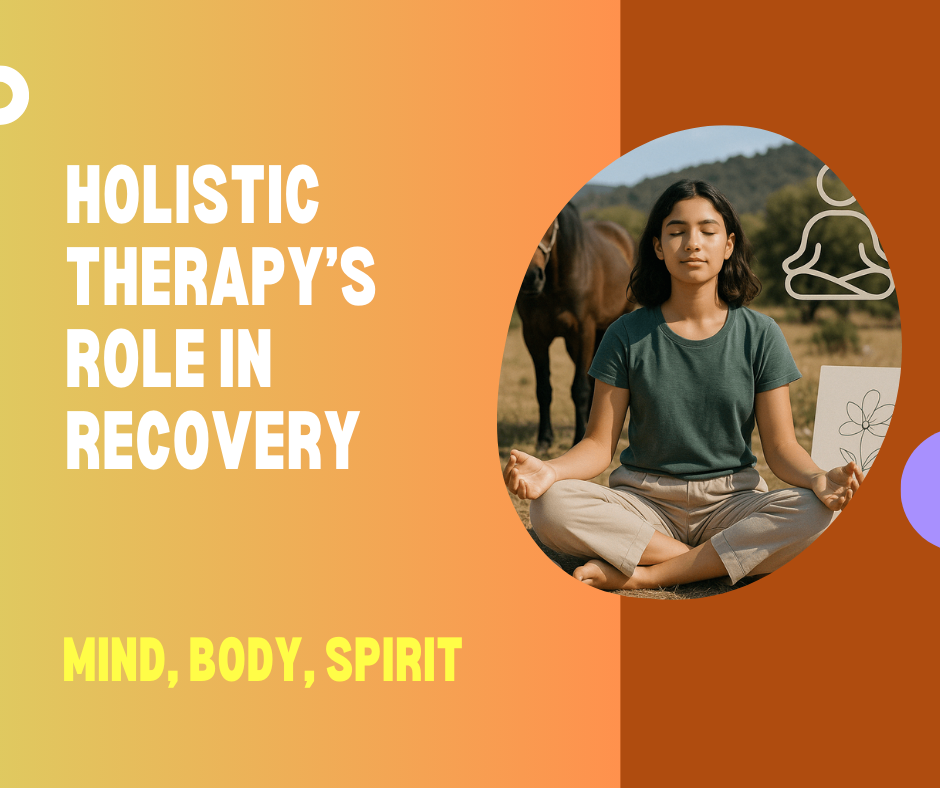How to Help A Troubled Teen with An Addictive Personality

Growing up is hard. Teens must navigate a maze of environmental, emotional, academic, and social avenues with endless twists and turns. There are many types of addictions, and whether it’s struggling with substance misuse or compulsive gaming, your teen’s addictive behavior is a serious concern requiring early intervention to address potential mental health issues, prevent long-term consequences, and promote healthier choices.
- How can I help my troubled teen with an addictive personality?
- What are the signs of an addictive personality in teens?
- How to Approach a Teen About Their Addictive Behavior
- What are the best treatment options for teens with addictive personalities?
- What are the common triggers for teens with addictive personalities?
- How to Set Boundaries with a Teen Who Has an Addictive Personality
How can I help my troubled teen with an addictive personality?
From time to time, your teen may feel overwhelmed juggling the responsibilities of family members, friends, and teachers. Early intervention is key to addressing obsessive behaviors or activities before they lead to an addiction. Implementing coping strategies with your teen, such as developing self-advocacy skills, building strong relationships, and improving confidence, helps them effectively manage anxiety and instill a strong sense of self.
What are the signs of an addictive personality in teens?
There are a number of signs that are common among teens with addictive personality traits, which can potentially lead to many different types of addictions, including a substance abuse disorder with drugs or alcohol.
Some of the warning signs that contribute to compulsive behaviors may include:
- Family history of addiction
- Lack of impulse control
- Inability to manage stress or anxiety
- Feelings of social alienation
- Mental health conditions
- Willful nonconformity or social deviance
- Lack of emotional regulation
How to Approach a Teen About Their Addictive Behavior
Opening a dialogue with your teen about their addictive behavior can be a daunting task, but communication is the first step towards helping them.
Here are some tips to help you get started:
- Prepare yourself. Be ready for what your teen may reveal, and maintain a calm demeanor.
- Express your love and your paramount concern for their safety and well-being.
- Emphasize that you will listen without judgment.
- Be specific about your concerns–give concrete examples of addictive behaviors you’ve observed or evidence you’ve found.
- Highlight your teen’s strengths and achievements.
- Physical connection is important. Put a hand on your child’s shoulder or hug them if they’re receptive to it.
- Listen between the words and observe body language and facial expressions, as they may reveal more than their words.
- Even if the conversation doesn’t go as expected, thank your teen for their willingness to talk.
- Reassure your child they can always count on you for support.
What are the best treatment options for teens with addictive personalities?
There are many evidence-based treatment programs to support teens who struggle with addiction. The most effective interventions include:
- Psychotherapy (talk therapy)
- Family therapy
- Support groups
- Treatment Centers
- Medications
What are the common triggers for teens with addictive personalities?
If your teen is struggling with an addiction, triggers can be challenging to identify. There is a wide spectrum of factors that trigger compulsive behaviors in adolescents. Emotional and environmental factors often play a significant role in a teen’s susceptibility to develop an addiction.
Here are a few to look out for:
- Friends: spending time with peers who participate in the same addictive behavior as your teen.
- Social media: celebrities or influencers your teen follows who promote or glorify their addictive activities.
- Family dysfunction: parent discord in the home, contentious post-divorce co-parenting, or exposure to parent alienation against the other parent.
- Social-emotional challenges: pervasive feelings of low self-worth, depression, isolation, and hopelessness.
How to Set Boundaries with a Teen Who Has an Addictive Personality
Setting and maintaining boundaries with your teenager with addictive personality traits may be met with resistance, but it’s crucial to helping them feel safe and loved. Here’s a straightforward but effective approach to help you get started:
- Love: “I love you, and I’m on your side.”
- Truth: “I have some rules and requirements for your behavior.”
- Freedom: “You can choose to respect or reject these rules.”
- Consequences: “Here is what will happen if you reject these rules.”
Treatment for Addictive Personality Disorder in Teens at Horizon Recovery
If your teenage child is suffering from an addictive personality disorder, they are not alone. Our caring and empathetic team is here to support your teen and your family every step of the way. For more information or to schedule a visit, please contact us today.
More posts like this
.svg)
Guiding your teen’s path to mental clarity, sobriety, and a hopeful future.
For more information or to schedule a visit, please reach out to us today. Our empathetic and caring team is here to support you every step of the way.
.svg)
.avif)
.svg)
.svg)
.jpg)




